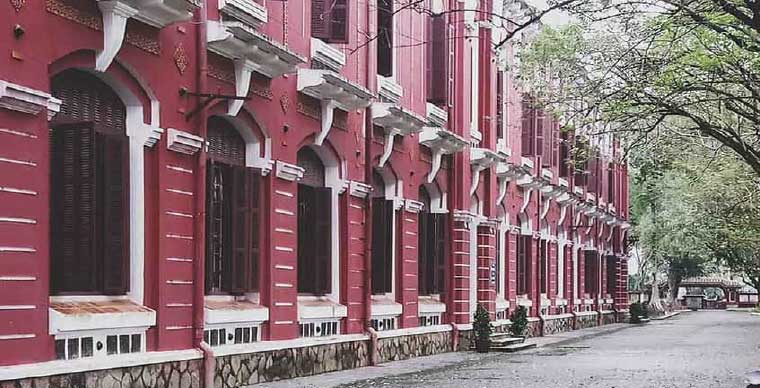
Iconic French architecture buildings in Hue, Vietnam - the Hidden land
- on Nov 7, 2018 By: Ngoc Tu DINH
When referring to Hue architecture, we often think of the Imperial Citadel, royal mausoleums, or the typical Hue garden houses. But Hue is also famous for the French architecture legacy being remained in the buildings here, like history witnesses.
French architecture in Hue is an Indochina catalog bearing the architecture types from different regions of France with their typical characteristics and features.
1. The Saigon Morin Hotel
The hotel, formerly known as Grand Hotel de Hue, was built in 1901 by Mr. Bogaert (an officer who had participated in the capture of Hue in 1885). In 1906, Wladimir Morin (Arbois of the Jura Mountains) bought and remodeled the building to become luxurious. Over the years, after the significant changes, Morin still has been remembered proven by being named to the hotel.
Saigon Morin Hotel was used as the headquarters of Hue University in 1957. Throughout the events, Saigon Morin Hotel still retains the ancient beauty of French architecture in Hue.
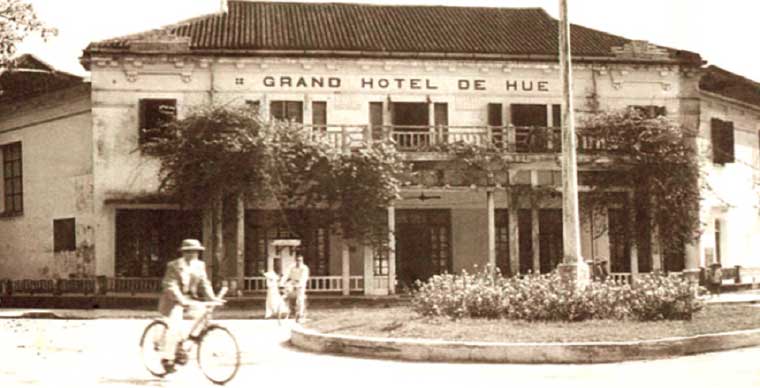
Saigon Morin hotel Hue the 90s
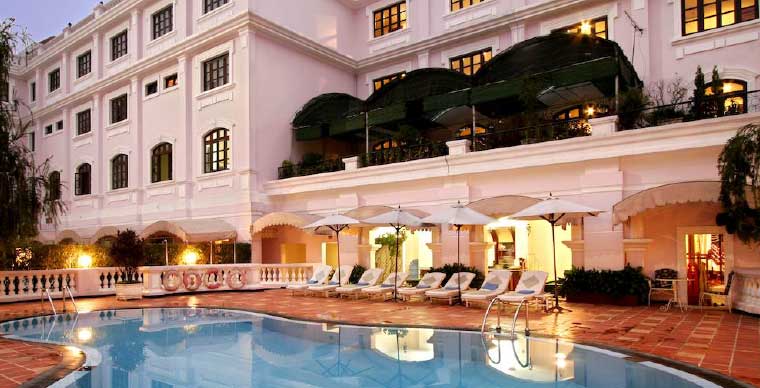
Saigon Morin Hotel Hue now
2. Quoc Hoc Hue School
Quoc Hoc Hue was established on November 18, 1896. The school has changed its name over many periods: École Primaire Supérieure (Primary School) but commonly known as Quoc Hoc (1896-1936), Khai Dinh High School (1936-1954), Ngo Dinh Diem High School 1955-1956), and was returned to its original name from 1956 to now.
There was a time when Quoc Hoc Hue School was the place where President Ho Chi Minh attended. Many talented people in the country have also been educated at this school. This structure was built in French architecture at the beginning of the 20th century with the purpose of teaching French, national language, and Nho (Chinese ideogram) in elementary school.
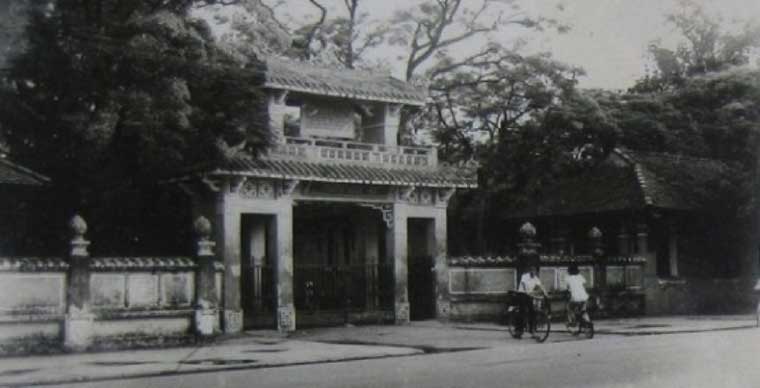
The school gate in the 90s
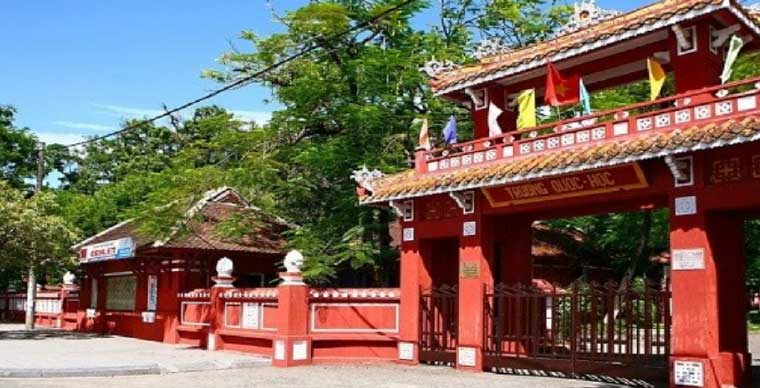
The school gate now
3. Hue Railway Station
Hue Railway Station was built in the style of ancient French in 1906. Its old name is probably less known, Truong Sung Station (musket station). It is as old as Truong Tien Bridge, Dong Ba Market, Quoc Hoc Hue School, Hue Central Hospital. This platform has saved the footsteps of three special guests (King Khai Dinh, King Bao Dai, King Thanh Thai) in three different historical circumstances resulting to two different memoirs called “Ngu gia Nhu Tan ky”(Nhu Tan imperial journey memoir) and “Con Rong An Nam” (the An Nam Dragon) by King Khai Dinh and King Bao Dai. History ironically made Hue station become the witness for the person the previous year cutting the inauguration ribbon - King Thanh Thai getting in the station a year later to go to Vung Tau then being banishing in Reunion.
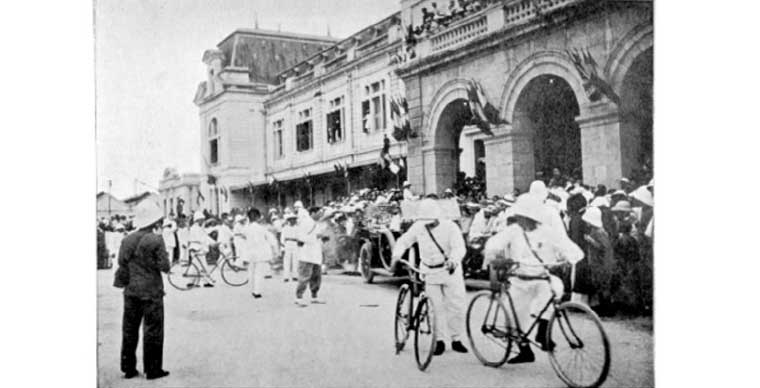
Hue station welcoming Khai Dinh King
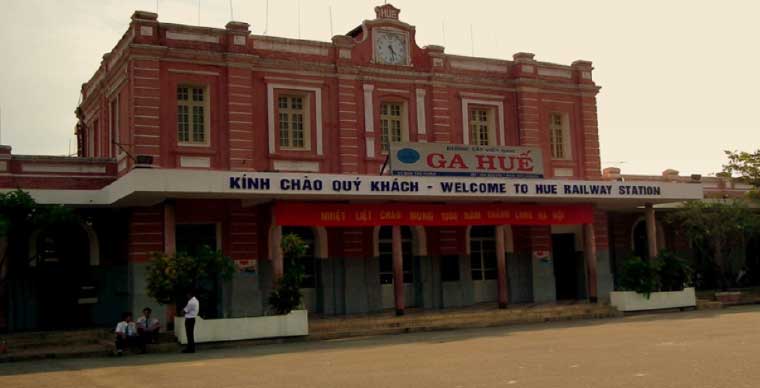
Hue train station nowadays
4. Hue Culture Museum
Hue Culture Museum (No. 25 Le Loi, Hue city) was built on an area of 5.942 m2 based on ancient French architecture, which consists of two blocks and two floors with a total area of 798 m2. The entire structure of the house is a brick-wall-type house and an I-shape load-bearing frame, which was popular in the early 20th century.
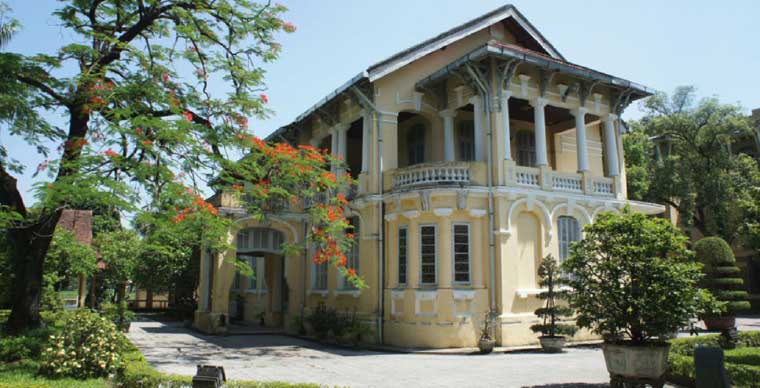
Hue Culture Museum
6. House No. 66 Bach Dang
House No. 66 Bach Dang (Hue City) was formerly a primary school named Saint Piere, built in 1924, then converted into a house.
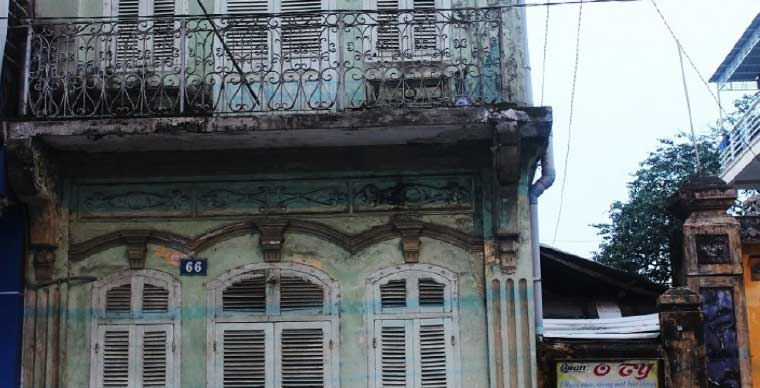
House No. 66 Bach Dang
Related articles:
 Español
Español Français
Français






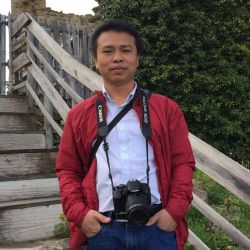
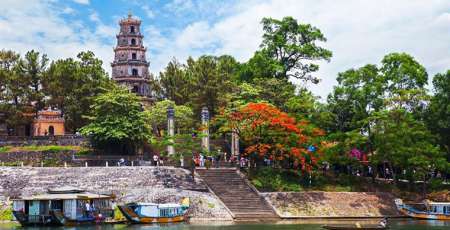
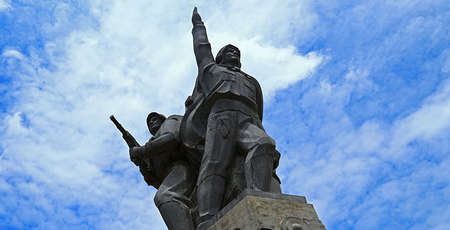
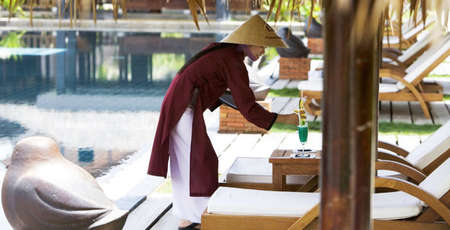
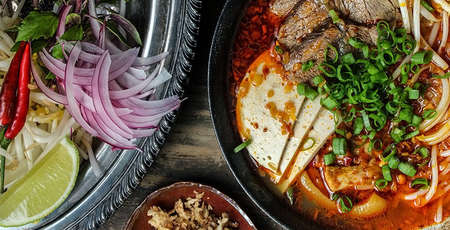
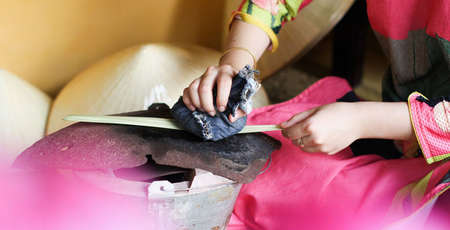
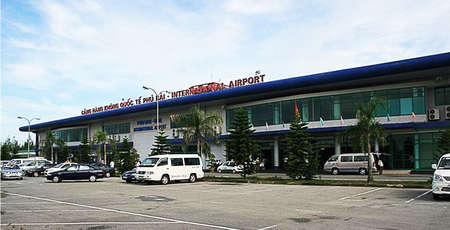


.png)




Timothy O Tool
on Feb 23, 2026Timothy William Groh
on Feb 23, 2026TwelmSC
on Feb 20, 2026Morgane Ter Cock
on Dec 18, 2025HerbertPhomaMS
on Oct 19, 2025